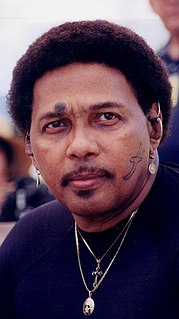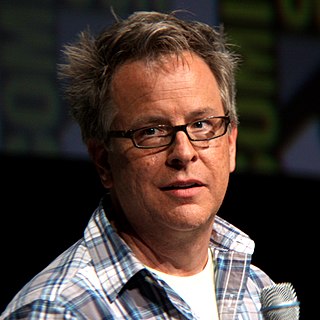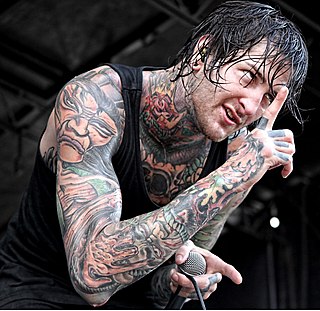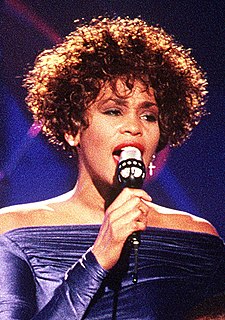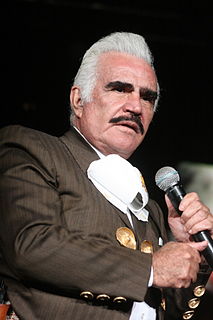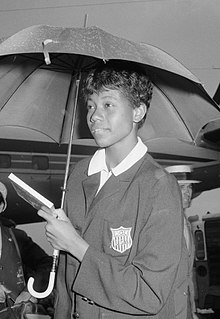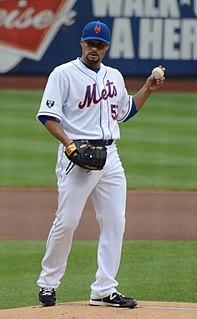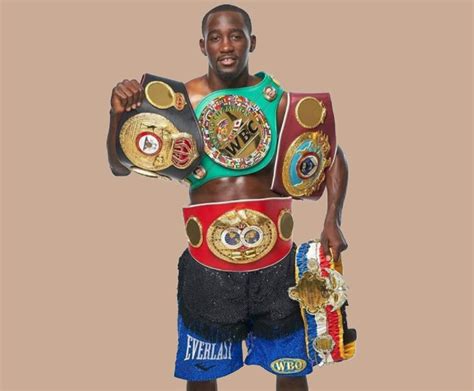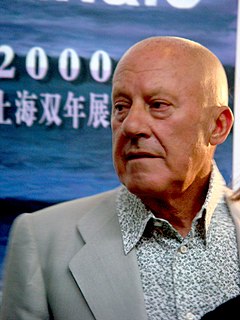A Quote by Aaron Neville
But I knew if I ran I'd never be able to sing, so I had to take my punishment.
Related Quotes
There was a man that hated his footprints and his shadow, so one day he thought that if he ran fast enough, his footprints and shadow would not be able to follow him and then he never ever had to look at them again. He ran and he ran as fast as he could, but the shadow and the footprints had no problems keeping up to him. And he ran even faster and all of a sudden he fell dead to the ground. But if he been standing still there hadn't been any footprints and if he had been resting under a tree his shadow had been swallowed of the trees shadow.
He ran as he'd never run before, with neither hope nor despair. He ran because the world was divided into opposites and his side had already been chosen for him, his only choice being whether or not to play his part with heart and courage. He ran because fate had placed him in a position of responsibility and he had accepted the burden. He ran because his self-respect required it. He ran because he loved his friends and this was the only thing he could do to end the madness that was killing and maiming them.
My brother was in high school and he had a garage band going, but no one would sing. They were covering a Hatebreed song at the time and I knew the words for it. My brother knew I knew the words, so he came inside the house and he's like 'Hey Mitch, come out here and sing'. I did it and after that I started a band with my older brother. That's how I got started.
